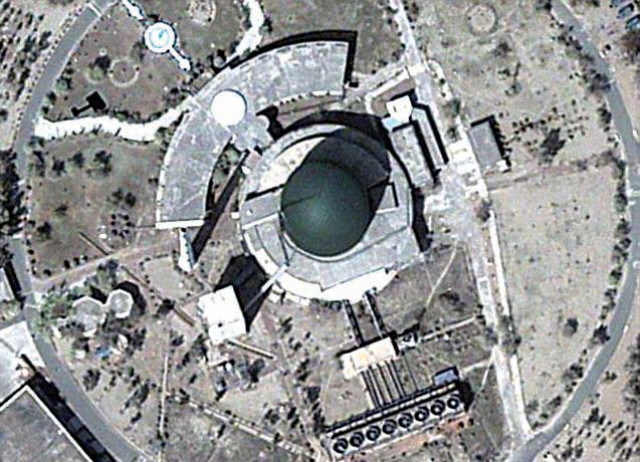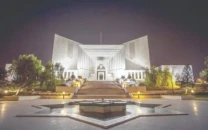South Asian nuclear safety in fallible hands: US expert
Says Pak-India posturing we often see was not witnessed even during the cold war .

A US expert on nuclear weapons safety has raised doubts about the “civilian and military institutions” in Pakistan and India and said both of them are bound to make mistakes.
In a webcast lecture made available late Friday, Scott D Sagan said that if developed countries with competent civilian controls can make errors it was safe to assume that countries with “less vigorous civilian controls, less professionalised militaries” will behave in dangerous ways.
According to Sagan, a professor of political science at Stanford University, some states that have nuclear weapons don’t see them as a deterrent but as a shield behind which they can take more aggressive action.
“If some militaries think war is inevitable in the long term they believe they can engage in preventive war. And if they think nuclear weapons are a good deterrent, it also gives them the incentive to use force at lower levels,” remarked Sagan. Such posturing was not witnessed even during the cold war. But, according to Sagan, we see this often between India and Pakistan, most notably during the Kargil conflict and even later.
Sagan blames the military for igniting the Kargil war, pointing out that the civilian government was too weak then. “I also believe that actually Pakistani civilians had very little to do with the [war] decision.”
Sagan explains Pakistan’s nuclear safety dilemma thus: “The civilians are at the wheel. The military is at the accelerator and somebody is pulling the brakes.” This is neither “a rationally controlled operation nor proper nuclear signalling”. As witnessed during Kargil, he said, some of this signalling gave off vulnerabilities.
Overall, he noted, Pakistan has a vulnerability-invulnerability problem. “Pakistanis keep their weapons in storage on military bases, and not in the high state of alert,” he said. “They know that those weapons are vulnerable in the event of an attack by India or the US.”
If Pakistan is worried either for signalling or defence purposes, they feel “compelled to take their weapons out of the base, put them with their missiles on their launchers and move them to the countryside”, he said. “That makes them less vulnerable to an attack by an enemy state but more vulnerable to terrorist seizure by an outside group or an insider group collaborating with the terrorist groups. In Sagan’s opinion there is no solution to the vulnerability- invulnerability paradox.
That is why Sagan believes it’s important for the US and other Western nuclear powers to help countries like Pakistan and India develop mechanisms for nuclear weapons safety. “We have an obligation to be more forthright in encouraging other nuclear states to recognise the consequences and see how risky this is.”
Published in The Express Tribune, May 23rd, 2011.



















COMMENTS
Comments are moderated and generally will be posted if they are on-topic and not abusive.
For more information, please see our Comments FAQ